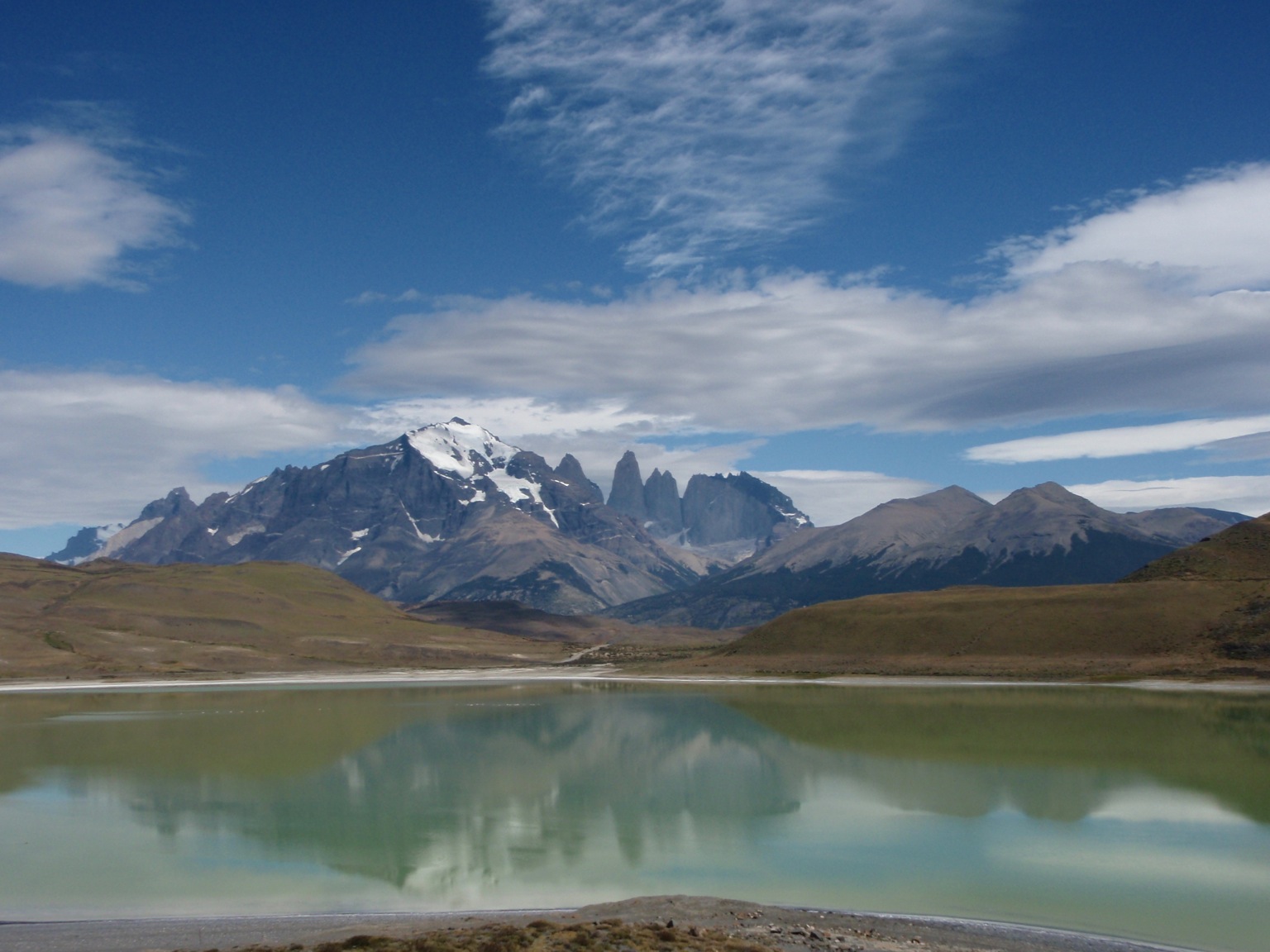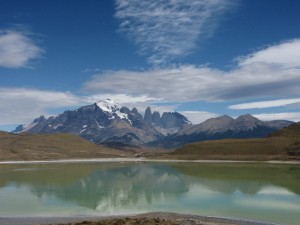 Our China visit in May challenged my ideas about what innovation really is.
Our China visit in May challenged my ideas about what innovation really is.
Previously, I had lofty ideals of Edisoneque inventions. Men in white coats. Labs. Eureka moments. Products.
In China I learnt that innovation can be softer: an idea, a process, a business model. A variation rather than a big bang.
A Chinese company we visited with a Groupon business model even went so far as to to say that moving from one deal a day to multi-deals was an innovation for them.
This got me thinking. Who really innovates? I scurried back to my Henley MBA study guide on strategic innovation.
“innovation = invention + realisation of value”
So does Apple innovate? Is adding a touch-screen to an iPod innovation? What about if you then stick a smart phone inside? Or double the size and remove the phone?
Apple didn’t invent the components, these came from it’s suppliers. In fact, 26% of the component cost of the iPhone4 is supplied by Samsung (Economist graphic).
What Apple have done is take these individual inventions and configure them cleverly to realise value. $347 billion of value (Economist). Invention + realisation of value = innovation.
The value creation machine doesn’t care what we call this. Evolution or revolution. Step change or incremental. We can get hung up on inventing game changers when applying an existing invention to a new context or business model would generate ample value.
I like this. As manufacturing is commoditized and IP rights difficult to defend the search for value must surely shift towards combining ideas / inventions / products / process in new ways.
I see an analogy with music; there are no new notes left to be invented but there are plenty of beautiful new unique combinations of notes still to come.

